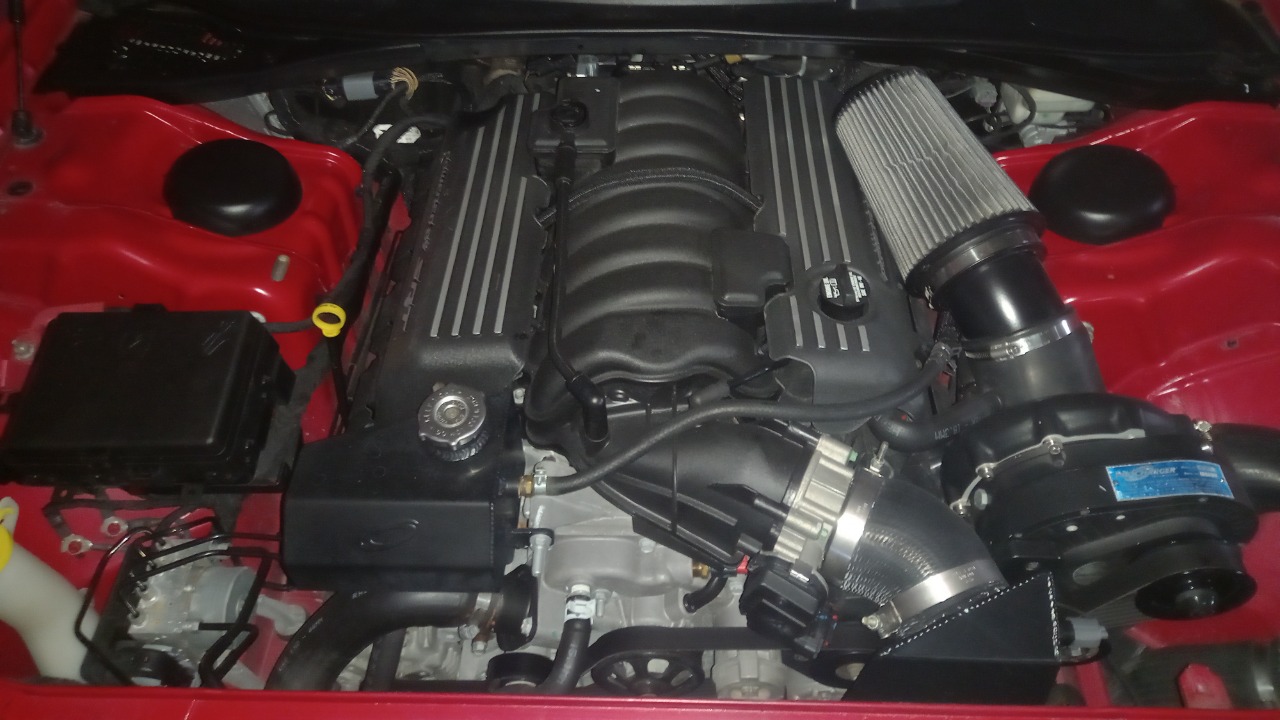
Modern Hemi engines, the iconic powerplants from Chrysler, have sparked a debate among owners about their fuel needs. Chrysler recommends a specific octane rating for optimal performance, but does this mean that premium gas is necessary? Car Doctor John Paul addressed this in his advice column, clarifying when premium fuel is truly necessary for vehicles like those with Hemi engines. Recent testing on popular models, including the Dodge Charger, showed mixed results for high-octane benefits.
What Are Modern Hemi Engines?
The Hemi engine, known for its hemispherical combustion chamber design, has a rich history and has evolved significantly over the years. This iconic engine is a key feature in Chrysler, Dodge, and Ram vehicles. Modern variants of the Hemi engine have high-compression ratios, which influence their fuel sensitivity. Despite advancements since the 2000s that have made Hemis more efficient, they have retained performance-oriented traits that require careful fuel matching.
Modern Hemi engines are not just about power; they also focus on efficiency. The hemispherical design allows for larger valves, leading to better airflow and combustion efficiency. However, these engines are not without their quirks. The high compression ratio of modern Hemis makes them more sensitive to the type of fuel used, which is why the debate about fuel requirements exists.
Chrysler’s Official Fuel Recommendations
According to Chrysler, most modern Hemi engines are designed for regular unleaded gas. They recommend an octane rating of 87 AKI for standard models. However, for high-performance variants, a higher octane rating like 91 AKI is recommended. Chrysler’s stance is clear: unless specified, premium gas is not necessary and could lead to unnecessary costs for the owner.
Chrysler’s guidelines are designed to ensure optimal performance and longevity for their engines. Using the recommended octane rating can help prevent engine knocking, a common problem in high-compression engines when using lower octane fuel. However, it’s important to note that using a higher octane fuel than recommended won’t necessarily improve performance or fuel economy.
Expert Advice on Premium Fuel Necessity
Car Doctor John Paul advises that premium gas is not required for most daily drivers but can benefit engines under heavy load. This means that for regular driving conditions, using regular unleaded gas should suffice. However, in scenarios like towing or racing, where the engine is under more stress, premium gas can help avoid knocking in Hemi-equipped vehicles.
John Paul also addresses common owner questions, such as the risk of engine damage from using lower octane fuel. He debunks the myth of over-reliance on premium gas, stating that while it can provide benefits under certain conditions, it’s not a necessity for most drivers.
Performance Testing with High-Octane Fuel
In a 2019 Car and Driver test on four vehicles, including the Dodge Charger, the results showed minimal gains in horsepower and fuel economy from premium gas in non-turbo Hemis. The Hemi engines in the Charger exhibited slight improvements only at high RPMs. This suggests that for most drivers, the benefits of premium gas may not justify the extra cost.
The test also compared outcomes with other tested models like the Ford F-150. The dyno data and real-world metrics from the test, such as 0-60 times and MPG differences, further illustrate when premium might justify the extra cost for Hemi owners.
Myths Surrounding Hemi Fuel Requirements
There’s a common misconception that all Hemis demand premium due to their power. However, modern Hemis have tolerances for regular fuel. Legacy myths from older Hemi eras don’t apply to today’s engines, which have electronic knock sensors that adjust timing automatically. Over-fueling, driven by marketing hype, can lead to wasted money without any significant performance boosts.
It’s important for owners to understand their vehicle’s specific needs and not fall for common myths. Consulting the owner’s manual or a trusted mechanic can provide clarity on the best fuel type for your vehicle.
Cost-Benefit Analysis for Hemi Owners
Using regular unleaded gas instead of premium can lead to significant savings over time. For Hemi models that are compliant with 87 octane, the annual savings can be substantial. However, it’s also important to consider long-term engine health benefits. Occasional use of premium gas during extreme conditions can help reduce carbon buildup, according to expert input from John Paul.
Practical tips for owners include monitoring for pinging, a sign of engine knocking, and consulting the owner’s manual for model-specific needs. Making informed decisions about fuel can help ensure the longevity and performance of your Hemi engine.
When to Consider Upgrading to Premium
There are specific Hemi variants, like supercharged models in Dodge Chargers, where premium is advised for peak output. Environmental factors, such as high-altitude driving or hot climates, may also necessitate higher octane to maintain Hemi efficiency. In such cases, consulting a mechanic or using fuel additives can be beneficial alternatives.
Ultimately, the decision to use premium gas should be based on your vehicle’s specific needs and driving conditions. While the iconic Hemi engine is known for its power and performance, it doesn’t necessarily require premium gas to deliver its best.
More from MorningOverview